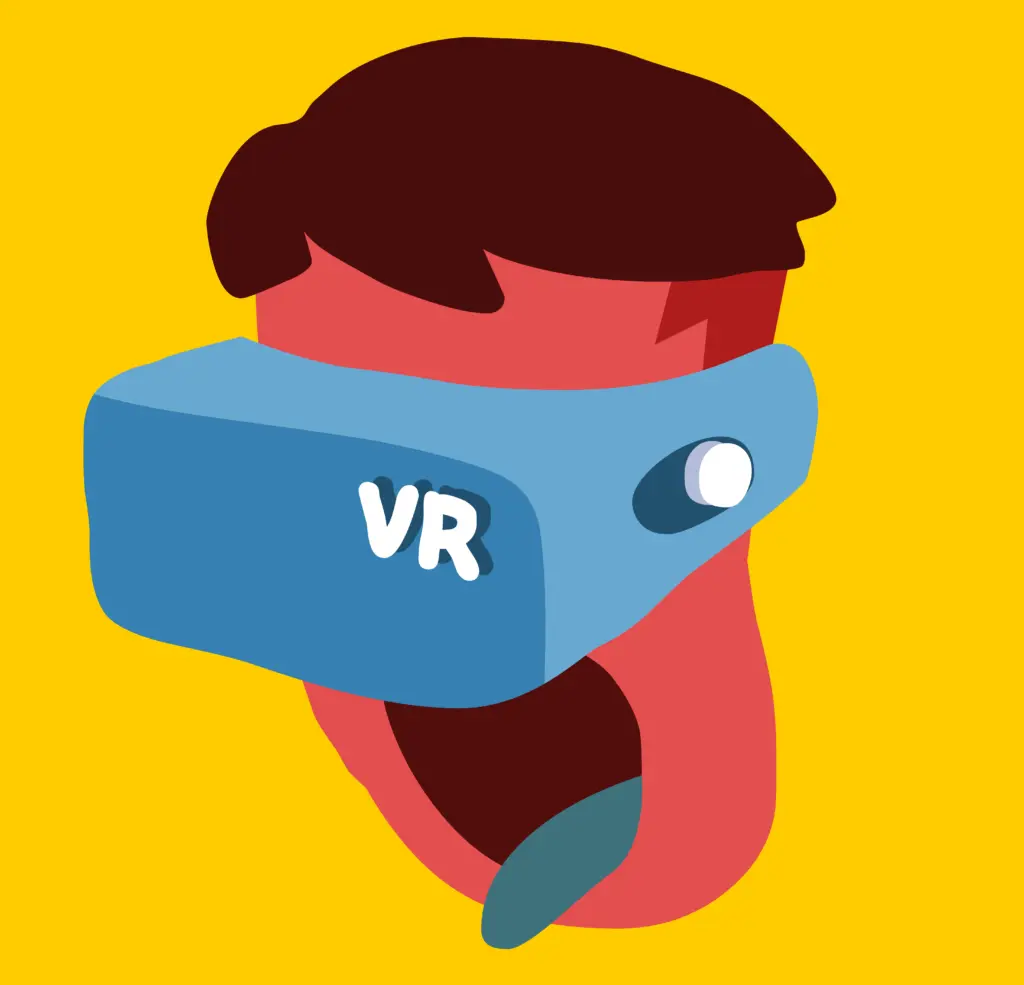The prevalence of video games continues to rise. Hence, there is concern over game addiction, a phenomenon that can have profound effects on mental health and overall well-being. This article explores the nature of game addiction. Also it places a spotlight on the pivotal role of Cognitive-Behavioral Therapy (CBT) in its treatment.
Understanding Game Addiction
Game addiction is a complex behavioural disorder characterized by the compulsive and uncontrollable urge to engage in video gaming. It makes the person to ignore other life responsibilities. This condition can have significant impacts on mental health, relationships, and overall quality of life.

The Role of CBT in Game Addiction Treatment
Cognitive-Behavioural Therapy, a widely recognized and effective therapeutic approach, plays a central role in the treatment of game addiction. CBT aims to identify and modify unhealthy thoughts and behaviours, providing individuals with the tools they need to regain control over their gaming habits.
- Identifying Maladaptive Thoughts:
- CBT helps individuals recognize distorted thoughts related to gaming, such as beliefs that gaming is the only source of pleasure or that it provides an escape from real-life challenges.
- Behavioural Modification:
- The therapy focuses on changing behavioural patterns associated with gaming, encouraging individuals to develop healthier habits and engage in alternative activities.
- Setting Realistic Goals:
- CBT assists in setting achievable goals for reducing gaming time gradually, allowing individuals to regain a sense of control over their behaviour.
- Coping Strategies:
- The therapy equips individuals with coping strategies to manage stress, anxiety, and other emotions without resorting to excessive gaming.
- Addressing Underlying Issues:
- CBT explores the root causes of game addiction, addressing underlying issues such as depression, social isolation, or low self-esteem.
- Relapse Prevention:
- CBT provides tools and skills to identify and cope with potential triggers, reducing the risk of relapse and fostering long-term recovery.
CBT in Action
Consider a hypothetical case where an individual, let’s call him Alex, seeks help for game addiction. Through CBT sessions, Alex works with a therapist to uncover the thoughts and beliefs driving his compulsive gaming behavior. The therapist helps Alex challenge these thoughts, introducing healthier coping mechanisms and guiding him through the process of setting realistic goals for reduced gaming.
Conclusion
Cognitive-Behavioral Therapy stands as a beacon of hope for those grappling with game addiction. By addressing the underlying cognitive and behavioral patterns that contribute to excessive gaming, CBT empowers individuals to break free from the grip of addiction and rediscover a balanced and fulfilling life. As we continue to navigate the evolving landscape of digital entertainment, the integration of CBT into treatment plans offers a promising path towards recovery and resilience.
Ready to begin? Start your online therapy journey today. Book your first session now.




